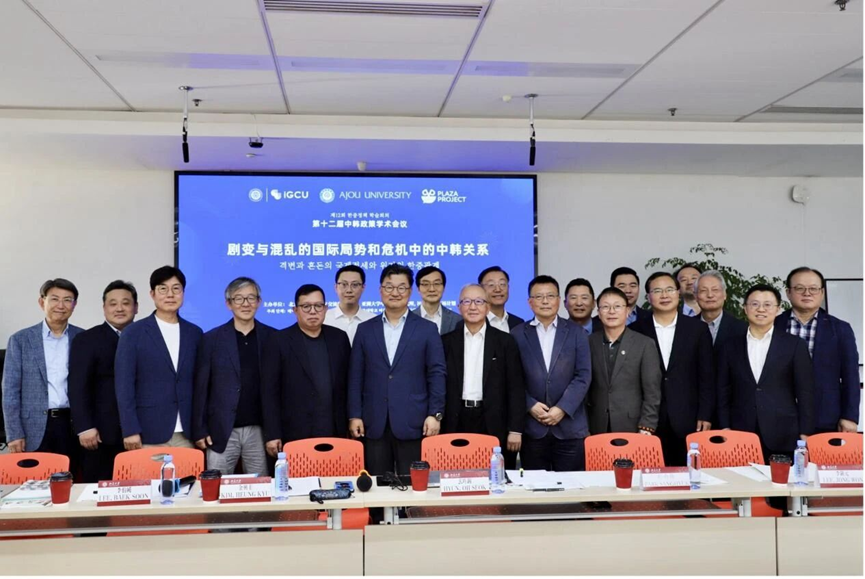On September 17, 2025, the 12th China-ROK Policy Academic Conference, themed “China-ROK Relations in a Complex and Changing International Landscape”, was successfully held at the School of International Studies, Peking University. The Institute for Global Cooperation and Understanding (iGCU) of Peking University, the US-China Policy Institute of Ajou University, and the Plaza Project co-organized this event.
China and the Republic of Korea (ROK) are close neighbors and vital partners. Given their deep historical and shared cultural ties and tightly interlinked interests, a robust bilateral relationship constitutes a cornerstone of regional peace and stability, exerting a profound influence on the security and prosperity of Northeast Asia and the broader Asia-Pacific region. This year’s conference, featuring three panels, brought together Chinese and Korean scholars and experts for in-depth discussions on the international strategic order, economic security issues involving China, Japan, and the ROK, and the future prospects of bilateral relations.
Opening Ceremony
At the opening ceremony, Prof. Wang Dong (Professor at the School of International Studies, Peking University; Executive Director of iGCU) and Dr. Kim Heung-kyu (Director of the US-China Policy Institute; President of the Plaza Project ) delivered welcome remarks on behalf of the Chinese and Korean organizers, respectively.
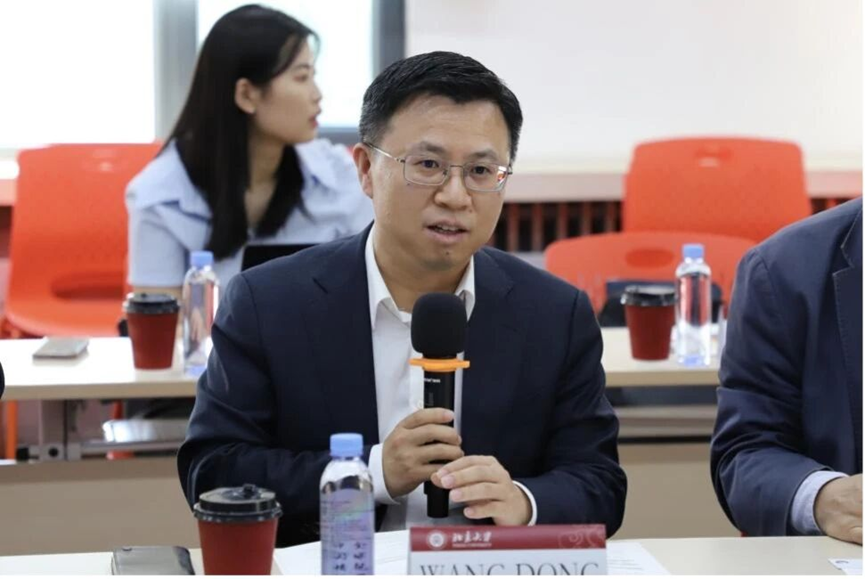
Prof. Wang Dong extended a warm welcome to the participants, noting that the current international situation is undergoing profound and turbulent changes, with uncertainties in regional security dynamics and major power relations. Against this backdrop, the importance of sustained China-ROK academic dialogue is becoming increasingly evident. Such exchanges, he emphasized, provide intellectual support for strengthening mutual trust and advancing practical cooperation between the two countries.
Dr. Kim Heung-kyu recalled the long-standing collaboration between the Plaza Project and Peking University, stressing that although China-ROK relations have experienced turbulence in recent years, academic exchanges have consistently fostered dialogue and understanding, playing a constructive role in improving bilateral ties. He also highlighted that the conference marked an important step in the Plaza Project’s first overseas visit, expressing his hope to deepen cooperation with Peking University in the fields of strategy, economy, and security.
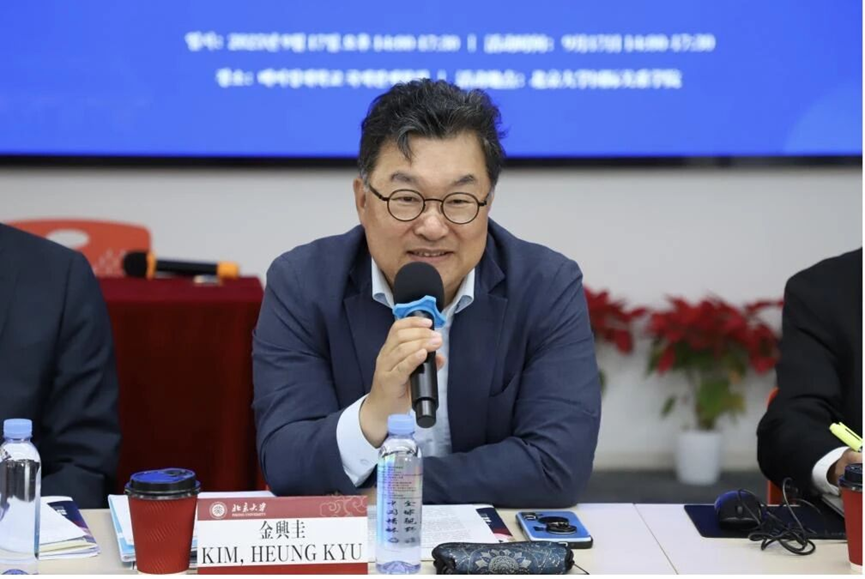
Session I: Analysis of the Current International Situation
The first panel, “Analysis of the Current International Situation”, was chaired by Prof. Wang Dong. Dr. Lee Dongmin (Executive Director of the Peninsula Institute for Strategic Affairs, PISA; Member of the Plaza Project Steering Committee) and Prof. Yu Tiejun (Dean of the Institute of International and Strategic Studies, Peking University; Professor at the School of International Studies, Peking University) delivered keynote speeches.
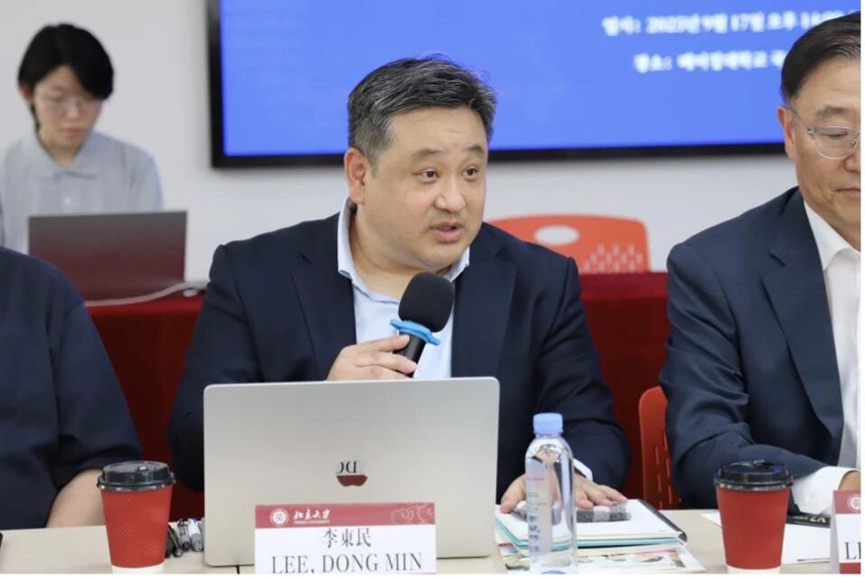
Dr. Lee Dongmin analyzed the various approaches of the Trump-led United States (U.S.) government in its policy toward China, identifying three prevailing tendencies in U.S. domestic debates on China. The first group comprises pacifists, who advocate for maintaining stability through diplomacy and communication. The second faction consists of strategic competition-oriented individuals who stress managing competition through industrial upgrading and technological advancement. The third are hardliners, who believe that a China-U.S. confrontation is inevitable. He emphasized that if the U.S. leans excessively toward Japan within its alliance strategy, South Korea may be pushed to reconsider its nuclear strategy or place greater importance on China’s position on the Korean Peninsula.
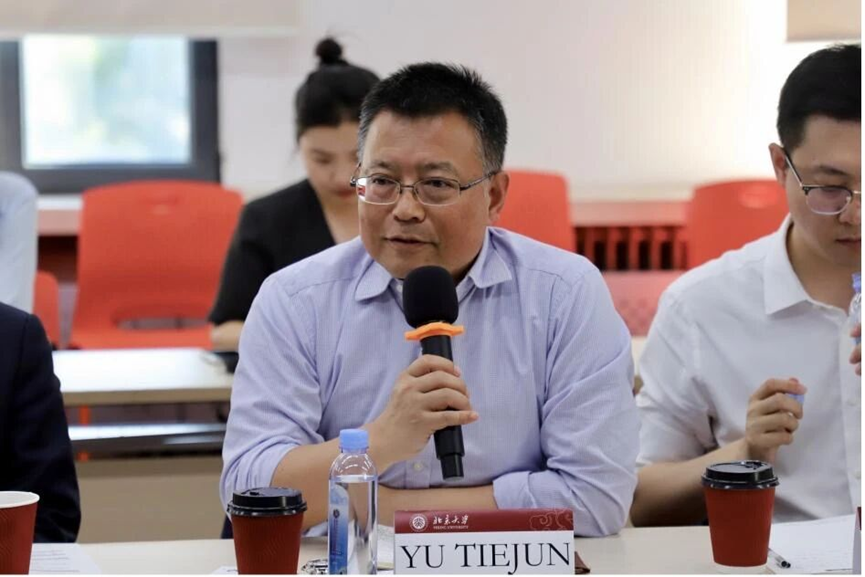
Prof. Yu Tiejun argued that although China-U.S. relations are characterized by long-term structural competition, space exists for dialogue and cooperation. He noted that China adopts a cautious yet proactive approach to its bilateral relationship with the ROK—on the one hand, diversifying trade and enhancing self-reliance, and on the other, pursuing measures to stabilize relations. He further reckoned that China-U.S. relations are the most important bilateral relationship in the world today, and that both sides should seek cooperation within competition and manage risks amid differences.
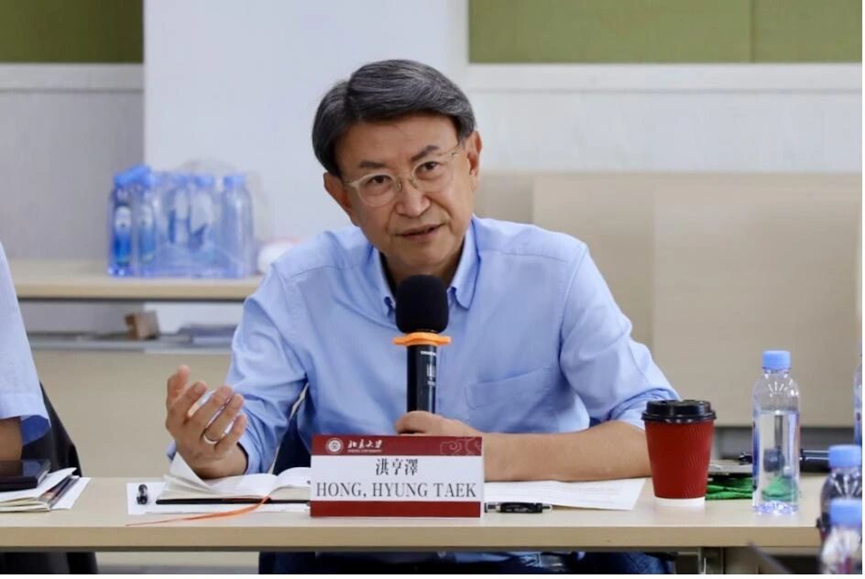
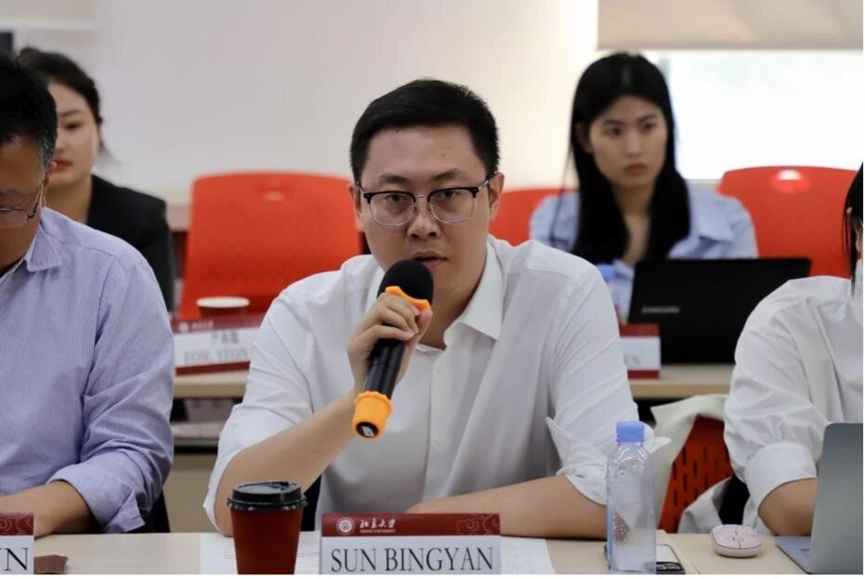
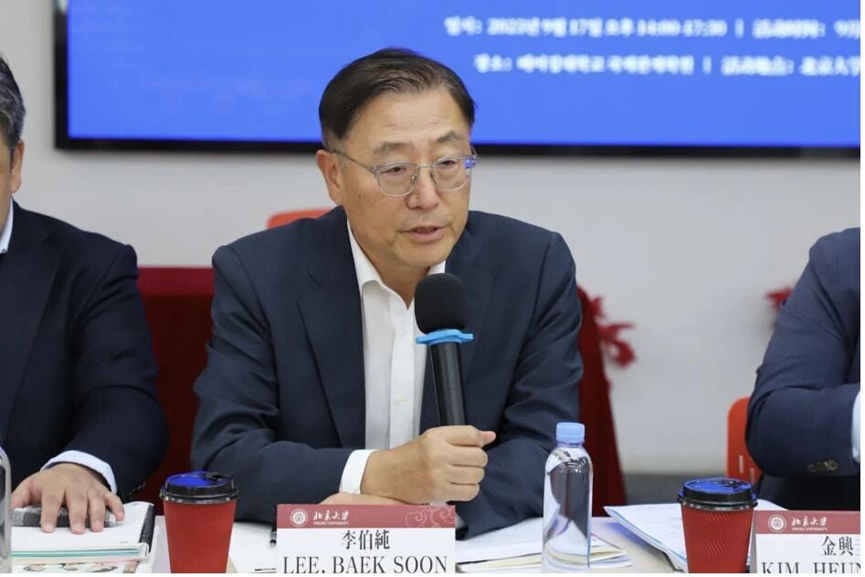
During the discussion session, Mr. Hong Hyungze pointed out that U.S.-China strategic competition spans multiple areas, including the economy, technology, and security. Yet, global issues, such as climate change and international governance, are far more pressing, and major powers must shoulder their responsibilities to establish new governance mechanisms. Dr. Sun Bingyan noted that since President Trump took office, China and the U.S. have established regular economic dialogues and high-level communication mechanisms, which have somewhat improved stability. However, this stability has not produced corresponding benefits for East Asia, as supply chain competition and trade frictions affect the economic security of bordering countries, including China and the ROK. Mr. Lee Beochun observed that the uncertainty surrounding U.S. security commitments has exacerbated anxiety within South Korean society, prompting a reconsideration of its security policies. He stressed that China and the ROK should strengthen strategic communication and cooperation to reduce ambiguities and potential risks in Northeast Asian security.
Session II: Economic Security among China, Japan, and the ROK
The second panel, entitled “Economic Security among China, Japan, and the ROK”, was chaired by Prof. Kim Heungkyu. Prof. Wang Yong (Professor of the School of International Studies, Peking University; Director of the Center for American Studies at Peking University) and Mr. Hyun Oseok (Adviser of the Korea-America Friendship Society; Chair of the Plaza Project Advisory Committee) delivered keynote addresses.
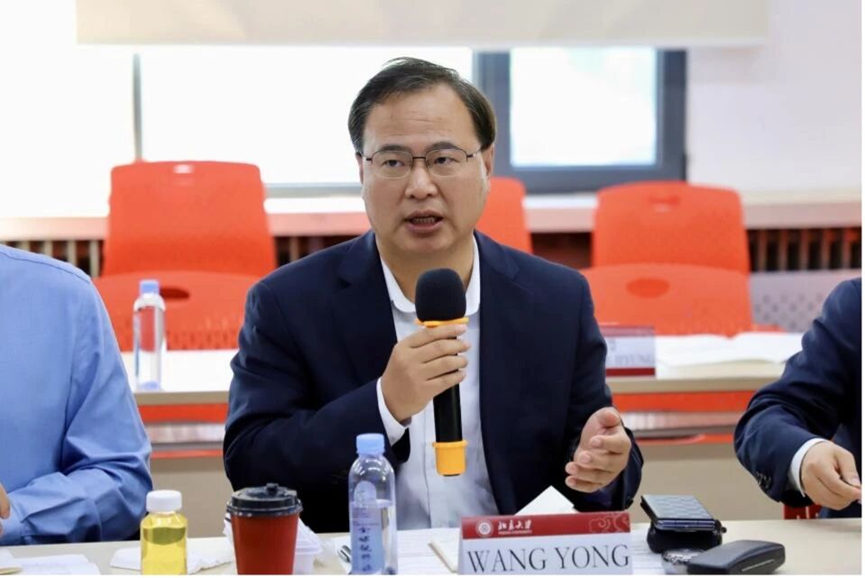
Prof. Wang Yong reviewed the process of globalization over the past three decades, noting that although the U.S. was the biggest beneficiary, its domestic elites often blame China and other countries for its internal economic woes. He stressed that the U.S. is now “weaponizing the global supply chain”, attempting to suppress China through export controls and technological restrictions. However, such policies often backfire, accelerating China’s breakthroughs in key sectors such as semiconductors. He urged China and the ROK to collaborate to address external pressures and jointly safeguard the stability of their domestic and regional industrial supply chains.
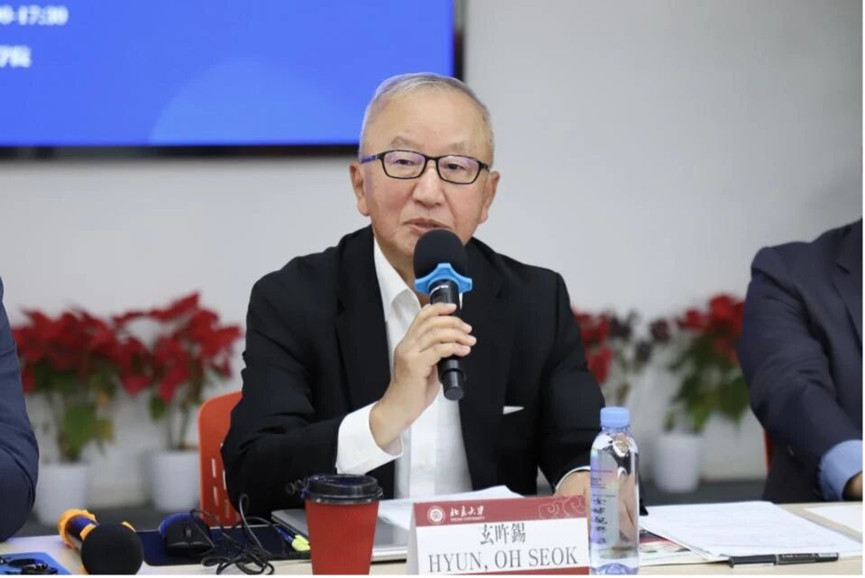
Mr. Hyun Oseok reckoned that despite a degree of stabilization after multiple shocks to the global economy, recent U.S. tariff hikes have heightened financial risks worldwide. In the new era of geo-economic competition, supply chain security has become a core issue for China, Japan, and the ROK. Companies no longer pursue profit maximization but prioritize supply chain resilience and geopolitical risk. He suggested that Northeast Asian countries should establish a regional economic security dialogue mechanism to build a more resilient global economy rather than moving toward fragmentation.
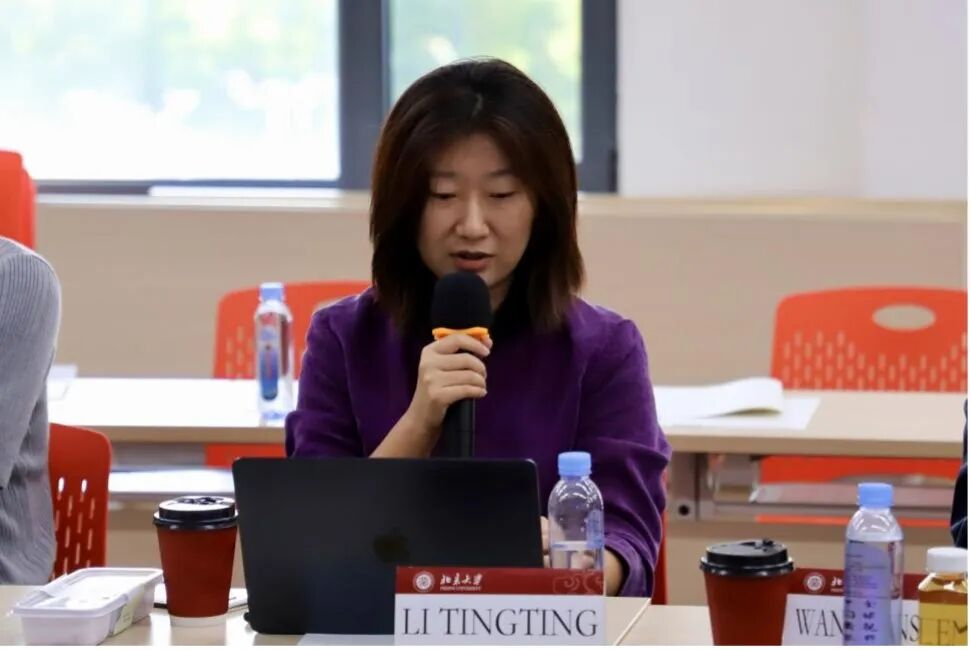
During the discussion, Assoc. Prof. Li Tingting argued that China and the ROK’s industrial structures are highly complementary, particularly considering technology, digital economy, and cultural industries. She noted that while U.S.-led economic security narratives are often self-serving, China and the ROK should pursue shared interests within the global free trade system. Prof. Lee Jongwon stressed that China, Japan, and the ROK should avoid unilateralism and the logic of great-power rivalry. He emphasized the need to preserve the hard-won achievements of regional integration.
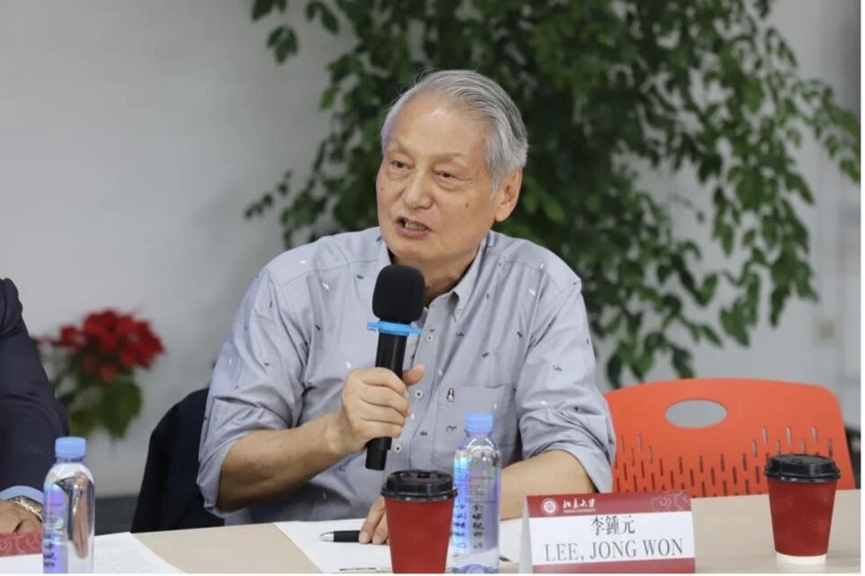
Session III: Assessment and Prospects of China-ROK Relations
The third panel, themed“Assessment and Prospects of China-ROK Relations”, was chaired by Prof. Yu Tiejun. Keynote speakers included Dr. Jung Jaeung (Senior Research Fellow, Sejong Institute; Member of the Plaza Project Advisory Committee) and Dr. Wang Junsen (Director of the Department for China’s Neighborhood and Global Strategy, National Institute for Global Strategy, Chinese Academy of Social Sciences).
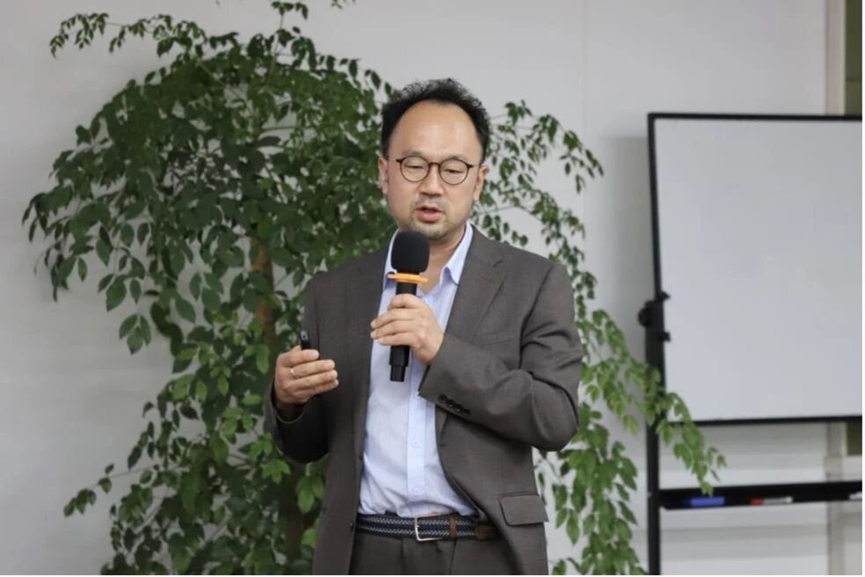
Dr. Jung Jaeung stated that South Korea faces a difficult strategic dilemma in balancing its relations with China and its security alliance obligations with the U.S.. This dilemma poses many challenges to Korea’s diplomacy. He called for the establishment of a more stable and effective crisis communication mechanism between China and the ROK to avoid strategic misjudgment and sudden risks.
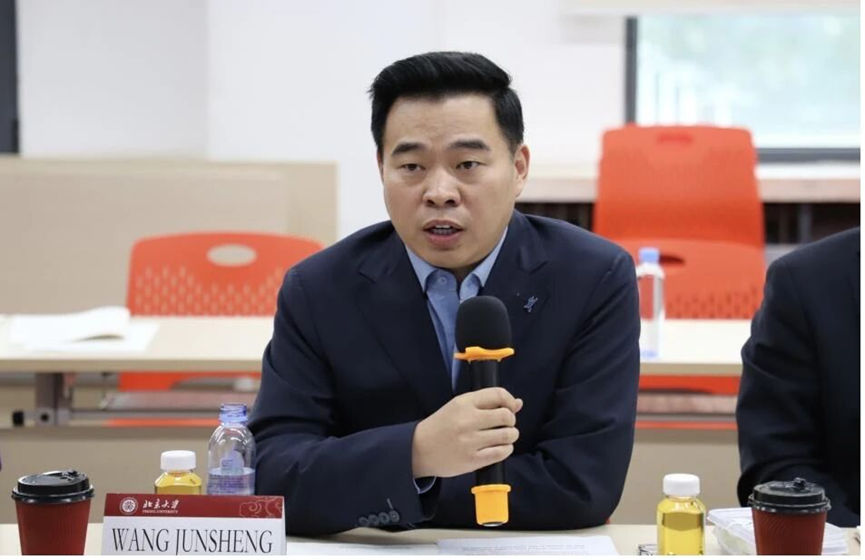
Dr. Wang Junsen argued that although China-ROK relations face external pressures, a solid economic foundation offers robust support. He proposed three key areas for future cooperation: (1) promoting peace and security mechanisms on the Korean Peninsula; (2) maintaining and stabilizing regional industrial supply chains; and (3) strengthening coordination on global governance issues. He emphasized that with sustained efforts, both sides can find room for cooperation despite differences.
During the discussion, Dr. Lee Dongmin added that instability in China-U.S. relations will inevitably affect China-ROK relations, making it essential for both sides to seek proactive buffering mechanisms. Dr. Sun Bingyan stressed that technology and intellectual property are at the forefront of China-ROK cooperation, and both sides should avoid falling into a zero-sum competition. Instead, they should pursue innovation-driven cooperation to achieve mutual benefit and win-win outcomes.
Concluding Remarks
The conference concluded with summary remarks delivered by Prof. Wang Yong, on behalf of the Chinese side, and Prof. Kim Heungkyu, on behalf of the Korean side.
Prof. Wang Yong stressed that although long-term strategic competition between China and the U.S. poses complex challenges for China-ROK relations, dialogue and cooperation remain the strongest consensus. Given their abundant talent and resources, China and the ROK should find ways to overcome difficulties through communication and collaboration.
Prof. Kim Heungkyu emphasized that structural changes in the global order are unfolding at an unprecedented pace, but he expressed confidence that through strengthened academic exchanges, China and the ROK can jointly find constructive responses. He thanked Peking University for its hospitality and extended an invitation for future visits by Chinese scholars to Korea.
